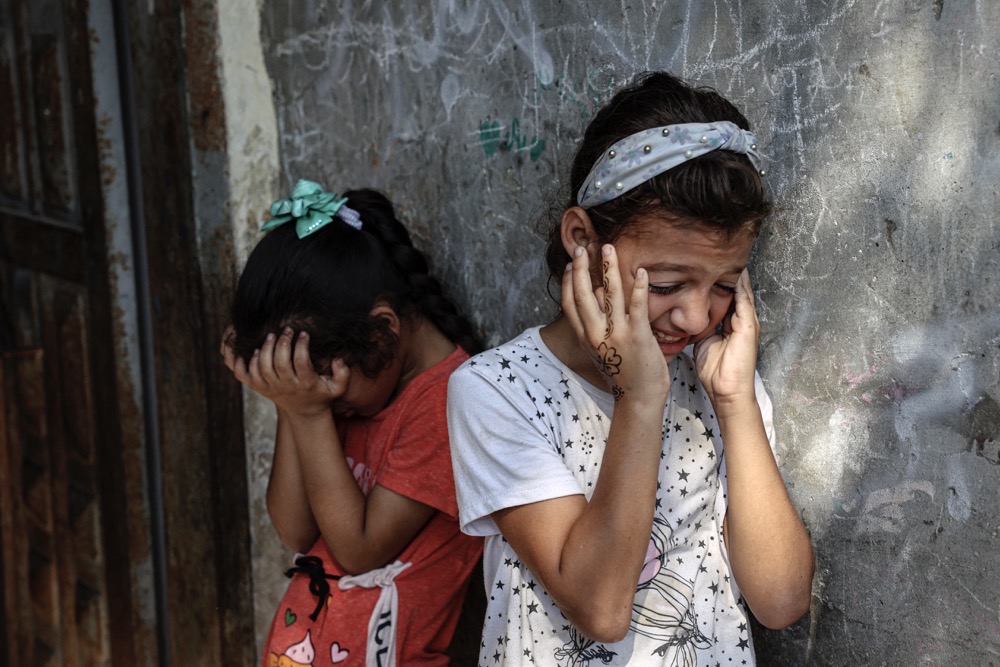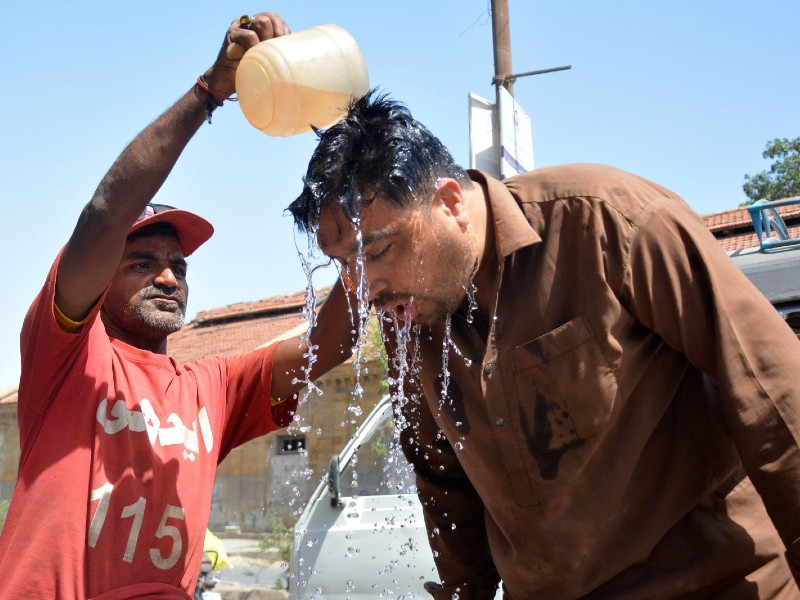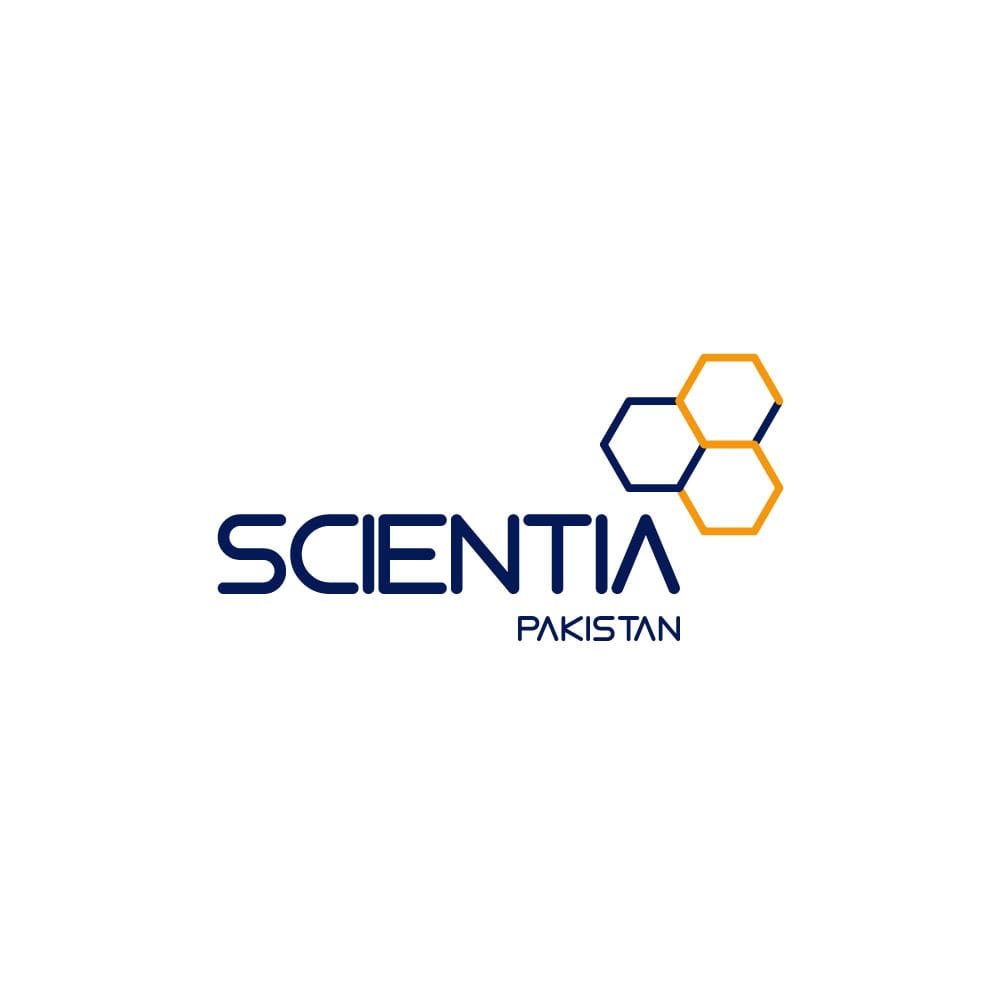2024 was an eventful year for science and technology, and Scientia Pakistan continued its efforts to bring the best and latest news to our platform. Here are some of the top stories featured on our website this year.
Tap on the titles below to read the stories.
Gaza and the Vicious Cycle of Transgenerational Trauma
Category: Opinion
The ongoing war in Gaza was a heavily covered topic this year. In a conversation with neuroscience researcher Dr Ali Jawaid, our editor highlighted the transgenerational trauma and its impacts on children. Dr Jawaid referenced scientific studies, explaining how the effects extend beyond mental health.
The attack in Gaza and severe violence of human rights has brought an unprecedented level of trauma to the children in Gaza. There is no safe place and no sense of security, with thousands displaced from their homes. Caregivers are themselves fighting for survival and are unable to help children cope with their overwhelming emotional reactions.

Firewall Misadventure— How Pakistan’s Internet Controls Hurt Innovation and Growth
Category: Technology
The internet is essential for global commerce, innovation, and communication, but internet firewalls and Deep Packet Inspection (DPI) in Pakistan are increasingly used to address cybersecurity threats and content control. While these tools enhance security and content regulation, they also introduce challenges such as slower internet speeds, increased operational costs, and reduced productivity.
According to the Pakistan Software Houses Association (P@SHA), this firewall implementation costs an estimated 30 billion PKR and has resulted in potential losses of up to $300 million. Beyond these immediate financial losses, the decision has damaged Pakistan’s reputation, as a potential tech hub, among international clients, investors, and even its tech innovators.

Microbial life & the Space industry— Do we have all bases covered?
Category: Biology
The discovery of 13 antibiotic-resistant strains of Acinetobacter bugandensis aboard the International Space Station (ISS) sparked an internet frenzy, echoing sci-fi tropes of alien microbes hitchhiking to Earth. While these bacteria are highly resilient to antibiotics due to genetic adaptations to harsh space conditions, routine microbiological assessments on the ISS confirmed they pose no immediate threat to astronauts or humanity. However, the findings highlight the broader global concern of antibiotic-resistant superbugs, driven by the misuse and overuse of antibiotics on Earth.
Doctors come across a plethora of infections caused by bacteria in their clinical practice. While those infections are treated effectively in many instances by appropriate practice, sometimes antibiotics are unduly prescribed, underdosed, or given for durations that are shorter than what would be appropriate for the infection.

Cooling Karachi – Combating Urban Heat with Green Spaces?
Category: Environment
The impact of climate change is undeniable, and areas like Karachi are becoming extremely vulnerable to it. The lack of trees and green spaces made this year’s summer unbearable and heavily affected the quality of life. Researchers argue that there is a dire need to develop parks and increase plantation efforts so the city has a sustainable cooling atmosphere and a more habitable environment.
The lack of green spaces that provide a cooling effect causes urban temperatures to skyrocket, making summers even more unbearable. Studies have shown that surface temperatures in cities can be a staggering 10-15°C higher than in surrounding rural areas (Mentaschi et al., 2022).

A Pioneer with Cracked Space Exploration Policy— Is the Hope Still Alive for Pakistan?
Category: Space
Pakistan’s inaugural lunar mission on May 3, 2024, marked a significant milestone for the country’s space program, reigniting national enthusiasm. Despite being a regional pioneer in space technology in the 1960s with SUPARCO’s establishment and achievements like Badr-I and PRSS-1, Pakistan’s space progress has lagged behind neighboring countries due to economic challenges, limited funding, and gaps in STEM education.
The lack of education and economic challenges are some of the basic hindrances in Paksitan’s space exploration program. Despite the challenges, Pakistan has become the sixth country to launch its first-ever moon satellite: iCube Qamar.

How to connect Doraemon with real life? A science fiction series with imaginative powers for the future
Category: Review
The beloved Doraemon series, a cornerstone of childhood for 90s kids, continues to inspire imagination and creativity in young minds. Beyond its entertaining surface, the show explores profound themes about technology, creativity, and human values. This review discusses how the Doraemon series emphasizes responsible technology use by showcasing the consequences of misuse and reinforcing lessons about honesty, accountability, and entertainment.
The Doraemon series stimulates creative thinking with its concept of a pocket filled with a vast array of gadgets like the Anywhere Door and the Time Machine. It encourages viewers to think outside the box to create new technological possibilities. Storytelling promotes thinking to handle different situations in life and deal with interpersonal relationships creatively.

Also Read: Scientia’s Science Writing Internship— Bridges the Gap Between Science and Society


